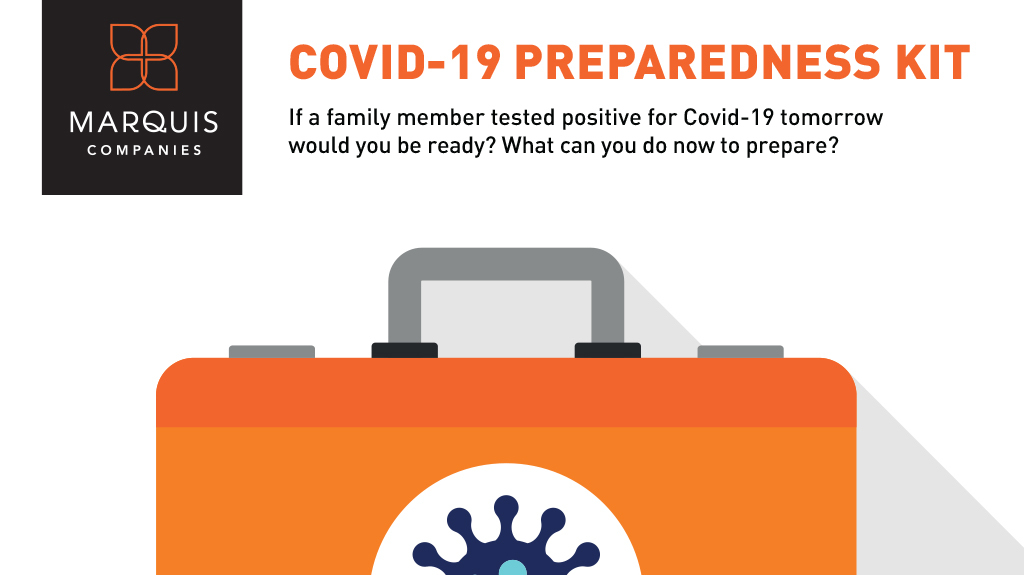We hear a lot about going into quarantine to prevent the spread of the coronavirus, without always knowing what that means. Get details about what quarantine is, how to do it successfully, and the preparations that will help it go smoothly.
Question #1: What’s the Difference Between Isolation and Quarantine?
Isolation occurs when someone is known to have COVID-19, whether they show symptoms or not. It means staying home and physically separating from others who live there.
In regards to the duration of isolation, The Centers for Disease Control states that it can be discontinued 10 days after symptom onset.
Quarantine happens to a person who might have been exposed to COVID-19. It means staying home and physically separating from others who live there, while also watching for worsening symptoms and following health department instructions. Quarantine usually lasts for 14 days.
Question #2: When Should You Quarantine?
You’ll need to quarantine if you begin to show COVID-19 symptoms—cough, fever, shortness of breath, loss of taste or smell—or if you’ve had close contact with someone who has the virus.
Close contact includes:
-
- Being within six feet for 15 minutes or more.
- Touching, hugging, or kissing.
- Sharing eating or drinking utensils.
- The person sneezed or coughed on you.
Any senior in this situation should communicate with their healthcare provider and follow all instructions. Doctors often want to keep a close eye on the elderly because age and underlying health conditions could put them at a higher risk for complications.
Question #3: What Does Quarantine Look Like?
Quarantining will mean taking extra precautions to stay safe and protect others.
Be sure to communicate with your primary care doctor throughout quarantine. Your doctor might need to coordinate further tests or provide special instructions based on underlying health conditions.
Stay home, unless your symptoms worsen. If they do, call ahead to your doctor or local hospital facility prior to getting medical care.
Avoid public places like stores, restaurants, gyms, and churches. Postpone visiting family and friends until you’re cleared by a doctor. Don’t use transportation that carries other people such as buses, trains, planes, rideshares, or taxis.
Try not to have contact with others within your home. Stick to one specific part of the house that no one else uses, with a separate bathroom if possible. This also means avoiding pets
Question #4: How Can I Prepare for Quarantine?
Don’t get caught off guard. A little preparation now will make quarantine safer and more comfortable if it does need to happen.
Make a Plan
Now is the time to gather up loved ones and begin the conversation. Success will depend on everyone knowing their roles and responsibilities.
Ask for Help
Friends and family can coordinate the delivery of groceries, medications, toiletries, and other items.
Create a Go Bag
Be ready in case symptoms worsen and lead to a hospital stay. Pack ID, phone charger, clothes, medications, water, and snacks for the waiting room.
Keep Busy
It’s important for cognitive health to stay mentally engaged during quarantine. Collect books, puzzles, and other pastimes you enjoy. Keep electronic devices handy so you can connect with friends and family.
Prepare Inwardly
The stress and anxiety of the pandemic may feel compounded in quarantine. Families can prepare emotionally by talking about their concerns ahead of time.
Marquis Companies, Providing Compassionate Senior Health Care Services Since 1989
Marquis is here to help seniors and families. We share updates about our coronavirus response and tips on how to keep your loved ones safe. Reach out with any questions you have about COVID-19, quarantine, or other concerns. We are here to help.
Click to View or Download the Checklist
